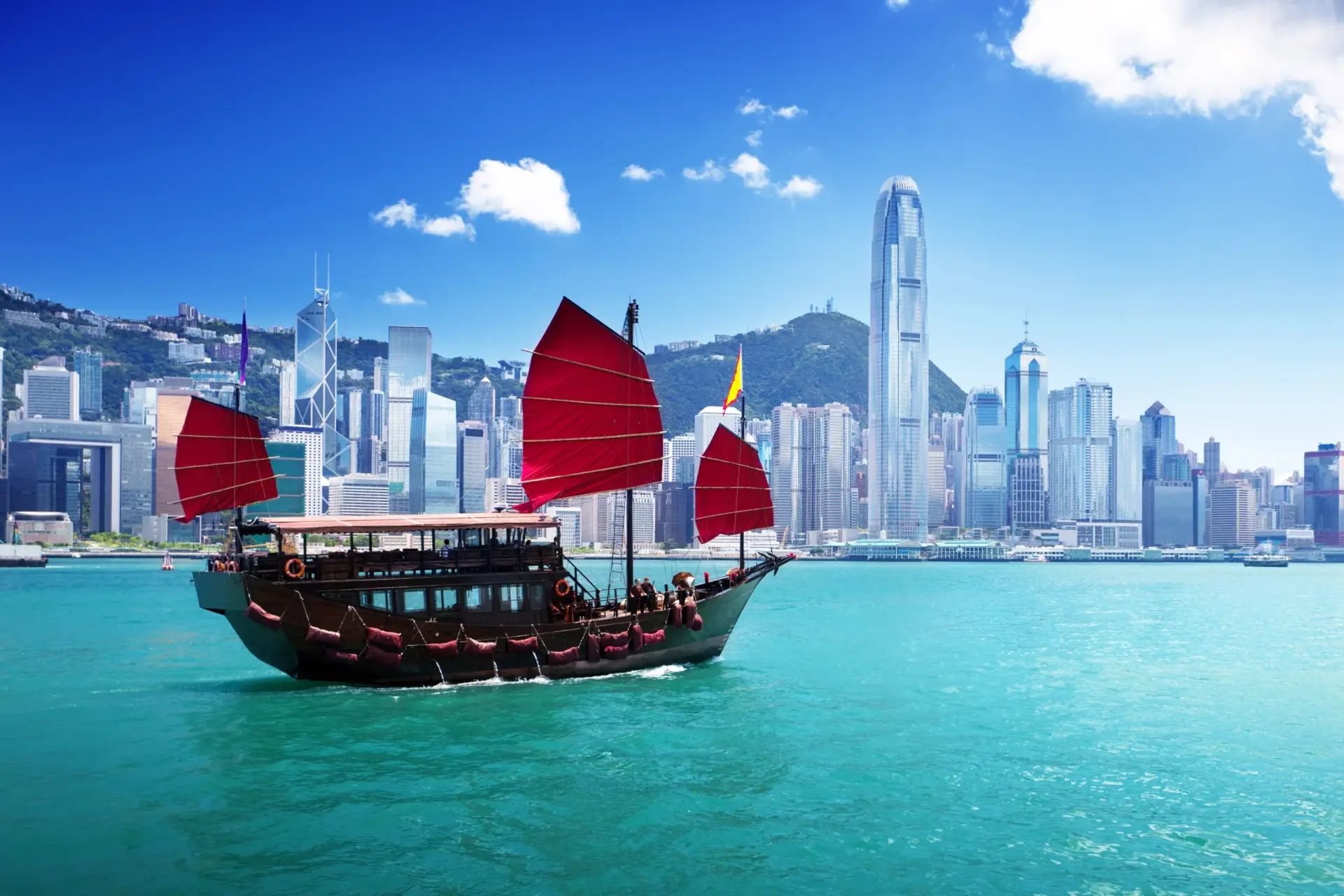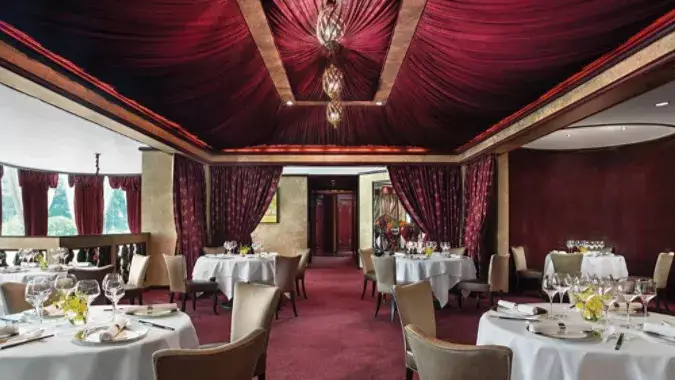Hong Kong
WELCOME TO Hong Kong
Province Overview
Hong Kong
1,106 km2
7.5 million
Chinese

Popular
Geography and Tourist Attractions
Information about the province's tourist attractions, including popular destinations, events, and activities.

Victoria Harbour

The Peak (Victoria Peak)

Ngong Ping and Tian Tan Buddha
Political
Economy and Government
Hong Kong, as a special administrative region of China, boasts a highly developed and dynamic economy, making it one of the world's major financial centers. The province has a free-market economy characterized by low taxation, minimal government intervention, and a robust financial sector. Its strategic location, well-established infrastructure, and business-friendly environment have attracted multinational corporations, making it a hub for international trade and finance.
The government of Hong Kong follows a unique political system known as "One Country, Two Systems," which grants the province a high degree of autonomy. The Chief Executive serves as the head of the government and is appointed by a committee. The Legislative Council is the legislative body responsible for making laws and policies.
The province's economy is diversified, with key sectors including finance, trade, logistics, tourism, and professional services. Hong Kong's stock exchange is one of the largest globally, and its financial services sector contributes significantly to the GDP. The province also serves as a gateway to Mainland China, facilitating trade and investment between China and the rest of the world.
Hong Kong's government focuses on maintaining a business-friendly environment, promoting innovation, and enhancing connectivity with global markets. It has implemented measures to attract foreign investment, foster entrepreneurship, and support the development of emerging industries such as technology and creative sectors.
However, Hong Kong's economy has faced challenges, including geopolitical tensions, economic fluctuations, and the impact of global events. The government continues to adapt and diversify the economy, ensuring stability, sustainability, and resilience in the face of changing circumstances.

History
History and Culture
Hong Kong, a vibrant province in China, boasts a rich history and culture that captivates visitors from around the world. Its story dates back to the Neolithic period, with evidence of human habitation found in archaeological sites. Over the centuries, Hong Kong evolved under the influence of Chinese, British, and Cantonese cultures.
The province's history took a significant turn when it became a British colony in 1842, enduring over a century of British rule. This period shaped its distinct identity, blending Eastern and Western elements. In 1997, Hong Kong was handed back to China, becoming a Special Administrative Region.
Today, the province showcases its cultural diversity through festivals, cuisine, and architecture. The bustling streets of Central and Kowloon are adorned with traditional Chinese temples, British colonial buildings, and modern skyscrapers. From the vibrant markets of Mong Kok to the serene Victoria Peak, Hong Kong offers a plethora of experiences.
Visitors can explore historic sites like the Wong Tai Sin Temple, Man Mo Temple, or the preserved walled village of Kat Hing Wai. Hong Kong also celebrates festivals like Chinese New Year, Dragon Boat Festival, and Mid-Autumn Festival with great fervor, displaying traditional customs and vibrant performances.
With its fusion of history, traditions, and modernity, Hong Kong's allure lies in its ability to embrace its past while embracing the future, making it a captivating destination for history and culture enthusiasts.
HOTELS

The Peninsula Hong Kong

The Ritz-Carlton Hong Kong

Four Seasons Hotel Hong Kong
RESTAURANTS

Lung King Heen

Amber

